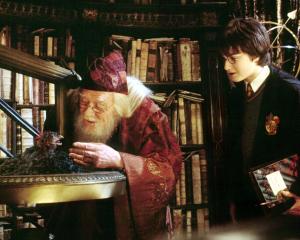
Ward’s political longevity and ability to return to prominence after major setbacks surpasses even Winston Peters.
In 1896 Ward had to resign as Minister of Finance after he was found to be insolvent. He was forced to resign from parliament the following year after filing for bankruptcy.
Ward sought re-election and his constituents returned him to parliament that same year with an increased majority.
Following the death of Richard Seddon in 1906, Ward became Prime Minister and presided over the decline of his ruling Liberal Party until he was forced to resign in 1912.
He wasn’t long in opposition when the outbreak of war led to calls for a national unity government.
Ward was invited to be Deputy Prime Minister in 1915 and held the position until 1919. Ward was voted out of parliament that year.
He failed to re-enter parliament in 1923, but was able to scrape together just enough votes to become the Member for Invercargill in 1925.
By this time his Liberal Party had lost its position as official opposition to Labour, and with just eleven MPs it seemed the Liberals were heading for extinction.
In 1928 a few of the Liberal MPs who remained in parliament decided to rebrand themselves as the United Party.
Joseph Ward was not a main contender to be the new party’s leader, but as the factions could not agree, he was given the leadership as a compromise candidate that no one especially wanted, but no one was deeply opposed to either.
The Reform Party, who had held power for the past sixteen years, were expected to cruise to victory once again.
However, things took an unexpected turn when United’s aging leader accidentally misread his party’s policy due to his failing eyesight.
Ward said he would borrow £70 million in a year to stimulate the economy instead of £7 million each year. £70 million would be over $6 billion in today’s money.
After realising his mistake, he tried to retract his promise and clarify what he really meant, but Reform and its backers kept telling voters that crazy old Joe Ward wanted to borrow this massive amount and saddle the country with debt.
To the surprise of all candidates, it turned out that 1920s voters loved the idea of irresponsible borrowing and voted for the United Party in droves making Joseph Ward Prime Minister thanks to a clumsy misread.
Today in history comes courtesy of the History O' The Day Facebook page.











